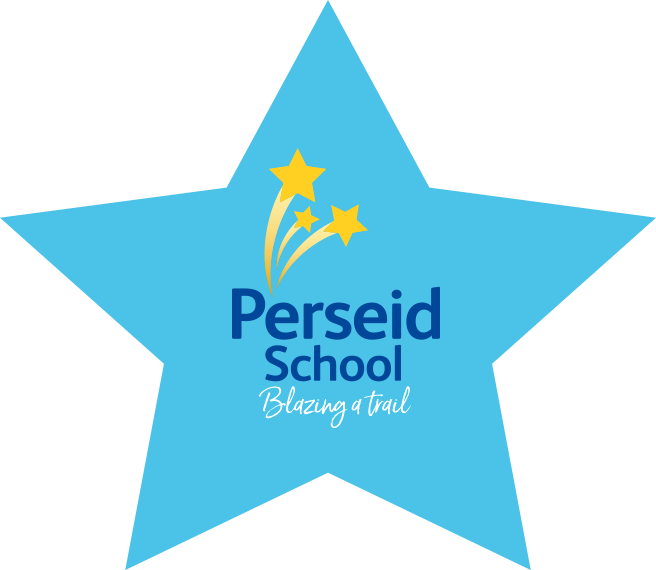Intensive Interaction
Intensive Interaction is an approach utilised for teaching communication abilities, to children and adults with autism, severe learning difficulties and profound and multiple learning difficulties.
Intensive Interaction is a strategy that helps to develop social communication for individuals at an early social developmental level. The approach focuses on applying the Fundamentals of Communication – concepts and performances that precede speech development.
The Fundamentals of Communication can be characterised as:
- Sharing attention with others and learning to give others attention
- Extending attention and concentrating on others
- Developing shared attention into activities
- Exchanges of behaviour
- Using and understanding non-verbal communications and physical contact
- Learning use and understanding vocalisations, gradually becoming more varied and extensive, thus precise and meaningful.
These are areas such as developing the ability to share attention with others, learning to concentrate on another person, taking turns in exchanges of behaviour, using and understanding eye contacts and facial expressions, using and understanding non-verbal communication such as gesture and body language, and learning to use and understand vocalisations, which gradually can become more varied and extensive, thus precise and meaningful.
By using Intensive Interaction throughout the day, we are also making sure that we are meeting the pupil’s social and emotional needs by responding to their attempts of verbal communication. This will benefit our pupils by improving their self-esteem and self-worth, knowing that others care for them and learning to care themselves, and therefore helping to improve their overall wellbeing. They are learning that their voice can be heard, is listened to, is responded to, and that their voice has an impact on the wider world.
It is also developing the pupil’s social skills, and their ability to regulate and control their arousal levels. If a pupil is upset or in a state of high arousal, the teaching staff will tune in to the pupil, and respond to them with soothing, calming and reassuring vocalisations, to help settle them, and bring them back to a settled state of arousal. In turn, this will help our pupils to learn to identify their own feelings, and to recognise these feelings in others around them.
Intensive Interaction should be used when a pupil vocalises, at any point throughout the day. When a pupil makes a vocalisation, teaching staff will respond to the vocalisation in a way that is understandable for the pupil. Teaching staff do not have to respond to the pupil’s vocalisations by using words, but instead, by making a vocalisation back to the pupil using the sounds that the pupil has used. By doing this, the teaching staff is connecting to the pupil at their developmental level, therefore making it easier for the pupil to relate to the teacher, and to then subsequently build on their learning.
When interacting with an individual, it is important to follow these guidelines, in order to get the best communication from them.
- Position yourself at the pupil’s eye level, or below, when ever possible. It is a lot easier for someone who struggles with eye contact, to look down to your face rather than expecting the pupil to turn their head to look up to you.
- Allow pauses, and extended moments of silence. It is important that you are not putting pressure on the pupils to respond to you, and instead, give them time to vocalise first, ready to respond to the pupils attempt of communication.
- Have an available face. If the pupil is not interacting with you at that very moment, stay near them with a welcoming expression on your face, to show that you are there for them, and ready to respond to them when they choose to interact.
Training for Intensive Interaction is delivered during new staff Inductions, and through the Family Learning Programme.
If you require further information or wish to express an interest in Intensive Interaction, please contact the school on 020 8658 9737 or email office@perseid.merton.sch.uk and address all support requests to the Intensive Interaction Lead.

























